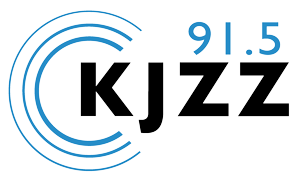
The Arizona Supreme Court reversed a lower court decision to sanction the Arizona Republican Party over its failed lawsuit challenging Maricopa County election procedures after the 2020 vote.
Counties are required to perform a limited hand count of ballots after elections to ensure that votes were counted accurately. In 2020, Maricopa County selected ballots from voting centers to conduct that hand count audit.
The Arizona Republican Party filed its lawsuit days after the 2020 election, alleging Maricopa County should have conducted a hand count audit of voting precincts, not vote centers that are open to all county voters.
The state’s Elections Procedures Manual, a document crafted by the Secretary of State to give county officials guidance for administering elections in accordance with state and federal law, allowed the county to use voting centers or precincts for the audit.
But the state GOP argued Arizona law required the use of precincts for the count and that using precincts would result “in a different method of data analysis that is certain to produce different results.”
A Maricopa County Superior Court judge dismissed the case.
Judge John Hannah also awarded over $18,000 in attorney’s fees to the Secretary of State’s Office, one of the defendants in the case, finding the lawsuit was groundless and brought in bad faith.
An Arizona Court of Appeals panel upheld that decision and tacked on an additional $9,000 in sanctions.
But in a ruling issued today, the Arizona Supreme Court unanimously overturned those sanctions.
The high court did not overturn the decision to dismiss the case, but did find the lower court erred by calling the case “groundless,” even if the arguments presented by the state GOP could be considered “long shots.”
“During times of social and political contention and strife, we must be mindful that our courts provide a means of resolving such conflicts when issues are legitimately presented,” Justice John Lopez wrote in the court’s opinion. “By sanctioning parties and their lawyers for bringing debatable, long-shot complaints, courts risk chilling legal advocacy and citizens raising “questions” under the guise of defending the rule of law.”
Justices ruled individuals should not be punished for asking the court to clarify the meaning of laws, especially as it relates to elections.
“Even if done inadvertently and with the best of intentions, such sanctions present a real and present danger to the rule of law,” Lopez wrote.


By submitting your comments, you hereby give AZPM the right to post your comments and potentially use them in any other form of media operated by this institution.